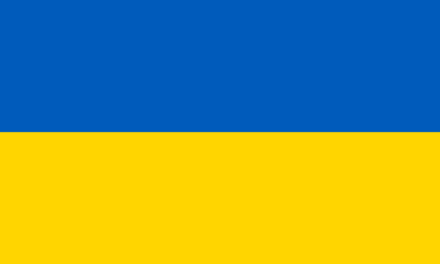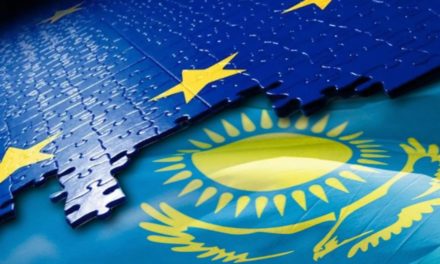NETHERLANDS
The Dutch government led by Mark Rutte (VVD, center right) resigned following an administrative scandal, ending up an outstandingly long lasting ten years long reign. The next elections are scheduled for March 2021. Over the lays seven years, tax administration demanded (and obtained) repayment of allegedly undue allowances from thousands of Dutch families. These sums could reach several thousand euros, putting poor households in difficulty. However, it turned out that these accusations and requests were unfounded. Repayment promises were not enough to ensure the government’s survival.
COVID19: A VARIANT, SEVERAL REVOLTS
The big hot topic in Europe is still the COVID19 virus pandemic, but this time it’s all about variants of the virus. Fashionably, you can pick-up your English, Southern African or Brazilian version pf the virus. The thousand dollar question is: “Are theses versions more / as much / less contagious than the known one ? “.
Recent track records seem to suggest that these variants are rather more contagious than their predecessors and European governments are competing in measures to limit contacts within their populations. And at the same time they must not permanently kill the economy, ruin public finances nor compromise children’s education. Squaring the circle: it’s just impossible.
The populations of Europe are generally divided between submitting themselves to isolation and restrictions and the desire to take a hike so as not to starve. Anti-restriction riots are on the; Italian restaurants – and many Italians with them – have decided to go ahead and reopen from mid-January.
EUROPEAN UNION: THE ANTI PRINCIPLE OF SUBSIDIARITY
The centralized management of vaccine purchases by the European Union has put its president, Ms. Von der Leyen, on the grid. Its European record looks more and more like its Luxembourg record: very bad. The conditions of purchase and supply of vaccines are much questioned about and are below expected standard for such action.
In addition, the European Union continues its destructive arm wrestling with the “Visegrad Group” made up of four countries – Poland, Hungary, Czech Republic and Slovakia – which know very well what a dictatorship is and under what democratic clothes it can disguise itself. What is at stake is still the temptation to impose on sovereign peoples decisions they do not want. In this case, and at the moment, we are talking about a rather “pro-migrant” migration policy that these four nations do not want.
This conflict is fueling a local and strong rejection of the European Union and its diktats and the example of Brexit is starting to spark ideas. For the European Union, a political victory against this Visegrad Group would be a Pyrrhic victory.
In either case, the European Union seems to ignore the Principle of Subsidiarity, which it nevertheless laid down in black and white in the Lisbon Treaty. According to this Thomistic principle, decision must be taken as close as possible to those it concerns.
AVIATION
Dassault Aviation has announced that it has only sold 15 Falcons business jets aircrafts in 2020. This is small enough to make it worrying for the aircraft manufacturer.
In contrast, the Swiss manufacturer Pilatus is smiling: it has just delivered its hundredth PC24 aircaft. It’s not the same range of planes, but one sells… and the other doesn’t.
On the airline business, it is still the anxiety related to COVID19. Only freight stands out, as well as business aviation air brokers.
Rather, commercial flight restrictions tend to be increased to fight the pandemic. As a result, many European countries require negative COVID test results several days before boarding, making any travel planning extremely uncertain.
RENEWABLE ENERGIES AND CARBON BALANCE
On one side, renewable energies, on the other side, the carbon footprint of countries. Such is the almost schizophrenic battle which is currently being played out in Europe. European countries are caught between two perfectly antagonistic imperatives: they have promised to reduce CO² very quickly, which in practice means resorting to nuclear power ; and at the same time, the want to increase the use of renewable energies, which need to be supported by rapid alternative energy sources, therefore based on oil and gas, in the absence of wind or sun (or both).
We came close to the blackout in several European countries in January when snow covered the photovoltaic panels and the lack of wind stopped the wind turbines (or the cold made them freeze up).
One by one, countries comply with the principle of realism. German environmentalists “Die Grünen” admitted that their anti-nuclear policy was a failure. The Dutch Greens “De Groenen” have admitted that nuclear power is one of the acceptable means to fight against CO². Poland has just announced that it will launch the construction of six nuclear power plants. Denmark remains very favorable to wind energy, even if it means buying, from time to time, and at a very high price, Norwegian gas-generated electricity (with the blessings of the so-called fossil energy producers, of course).






